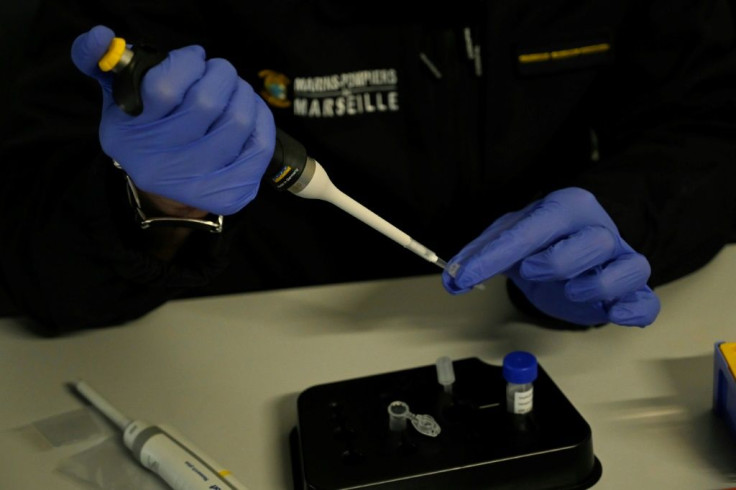Concern Mounts As PCR COVID Tests May Not Be Able To Detect New Omicron Variant Version
Another strain of the Omicron variant is worrying researchers as it has the ability to go undetected by PCR COVID tests.
What is being coined the “stealth” version of the Omicron has several mutations in common with the standard strain of the variant, but it is missing a certain genetic sequence that PCR tests use to detect positive cases of the virus, The Guardian reported.
Omicron was first detected in South Africa and was deemed a “variant of concern” by the World Health Organization on Nov. 26. To date, cases of the variant have been detected in over 40 countries, including the U.S.
While little is known about the Omicron currently, researchers are racing to determine its transmissibility and severity. Drugmakers are also testing current vaccines for their effectiveness against the Omicron strain.
But the new version of the Omicron creates the same challenges for scientists. However, there is hope that it will have the same characteristics as the standard variant it has mutated from, according to The Guardian.
This “stealth” variant or what is known as BA.2, has already been identified in South Africa, Australia, and Canada because it is harder to detect due to its ability to evade PCR tests, the news outlet said. And there is concern that it has spread to other locations.
The reason that the new Omicron variant is unable to be picked up by PCR tests, scientists told The Guardian has to do with the three genes in the virus, which the Omicron tests positive for only two of, forcing an “S gene target failure.”
Researchers have also suggested that the new variant of the Omicron could qualify as its own “variant of concern” if it spreads rapidly, which could create a dangerous situation as two variants spread globally at the same time, the news outlet said.
Early reports about the standard Omicron variant are “a bit encouraging,” the nation’s leading infectious disease expert Dr. Anthony Fauci told CNN on Monday. He continued by said while it is still too early to make any determinations, the Omicron looks like it does not have a “great degree of severity to it.”

© Copyright IBTimes 2025. All rights reserved.





















